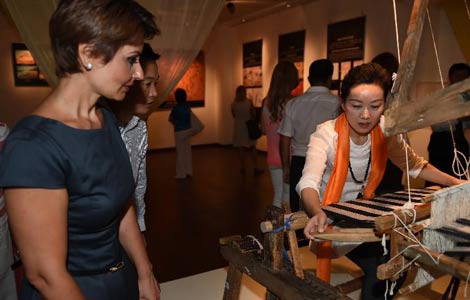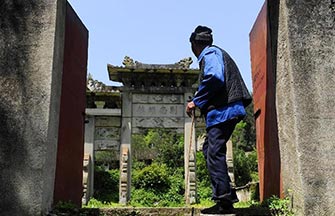Tomb raiders put Chinese history in grave danger
( Xinhua ) Updated: 2015-08-03 11:00:02
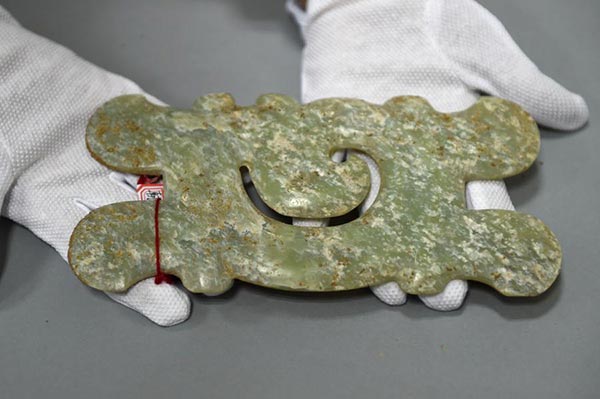 |
|
A coiled jade dragon was recovered from a tomb raid earlier this year in Liaoning province.[Photo/Xinhua] |
Chinese archaeologists are facing an epidemic of professional tomb raiding.
The situation has been highlighted by the recent arrests of 12 grave robbers in Southwest China's Sichuan province. They are suspected of stealing artifacts from a tomb dating back to the Song Dynasty (960-1279 AD) in Ziyang city, in a case worth about a million yuan ($161,000), local police said.
The stolen pieces include two carved doors of the tomb chamber, as well as some valuable items buried in it, the local Huaxi Metropolis Daily reported on Sunday.
One of the suspects, antique collector Liu, said he kept some of the most valuable items in his shop, while the rest were sold to other dealers.
In a country with thousands of years of history, stories of people stealing from tombs abound.
In June, the tomb of Liu Yongfu, a national hero who fought in the Sino-French War and died in 1917, was desecrated by criminals who almost emptied it. The site, in the mountains of Qinzhou, in South China's Guangxi Zhuang autonomous region, was placed under state protection in 2001.
In 2012, three stone sculptures in the mausoleum of the Jingjiang Prince, a member of regional royalty in Guangxi during the Ming Dynasty (1368-1644 AD), were spirited away. A warrior sculpture, also in the mausoleum, was beheaded two days later.
"Tomb raiders dig in the hope of finding precious burial objects," Su Dong, curator of Guangxi's Qinzhou Museum, told Xinhua. "The Liu Yongfu tomb, for instance, has been targeted several times since the 1990s."
In addition to greed for money, the national fervor for antique collecting has also contributed to the phenomenon, according to Liang Xiao, a relics protection expert.
"Antique collection has become hugely popular in China," said Liang. "Criminals cater to the fervor by stealing and selling historical artifacts."
Liang believes the popularity of Chinese best-selling novel "The Grave Robbers' Chronicles," as well as its spinoffs, exacerbated the problem.
|
|
|
|
|
|
|
|



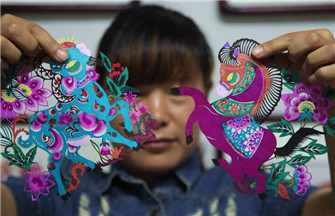



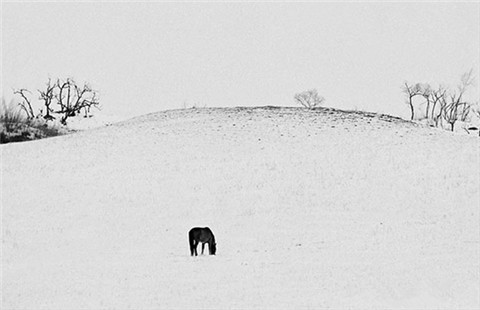











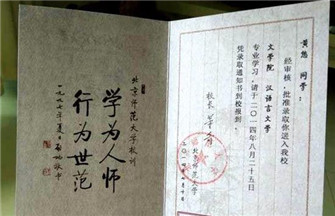



 Raymond Zhou:
Raymond Zhou: Pauline D Loh:
Pauline D Loh: Hot Pot
Hot Pot Eco China
Eco China China Dream
China Dream China Face
China Face


